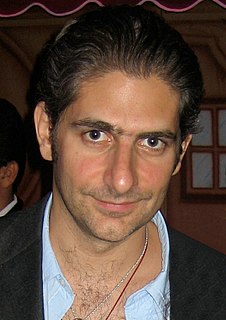A Quote by Nathanael Emmons
In reasoning upon moral subjects, we have great occasion for candor, in order to compare circumstances, and weigh arguments with impartiality.
Related Quotes
Our moral reasoning is plagued by two illusions. The first illusion can be called the wag-the-dog illusion: We believe that our own moral judgment (the dog) is driven by our own moral reasoning (the tail). The second illusion can be called the wag-theother-dog's-tail illusion: In a moral argument, we expect the successful rebuttal of an opponent's arguments to change the opponent's mind. Such a belief is like thinking that forcing a dog's tail to wag by moving it with your hand will make the dog happy.
The social intuitionist model offers an explanation of why moral and political arguments are so frustrating: because moral reasons are the tail wagged by the intuitive dog. A dog’s tail wags to communicate. You can’t make a dog happy by forcibly wagging its tail. And you can’t change people’s minds by utterly refuting their arguments.
I would call the attention of the reader to the difference between "reason" and "reasoning." Reason is a light, reasoning a process. Reason is a faculty, reasoning an exercise of that faculty. Reasoning proceeds from one truth to another by means of argumentation. This generally involves the whole mind in labor and complexity. But reason does not exist merely in order to engage in reasoning. The process is a means to an end. The true fulfillment of reason as a faculty is found when it can embrace the truth simply and without labor in the light of single intuition.
But in many orders of beauty, particularly those of the finer arts, it is requisite to employ much reasoning, in order to feel the proper sentiment; and a false relish may frequently be corrected by argument and reflection. There are just grounds to conclude, that moral beauty partakes of this latter species, and demands the assistance of our intellectual faculties, in order to give it a suitable influence on the human mind.
To me, it appears no unjust simile to compare the affairs of this great Continent to the mechanism of a clock, each state representing some one or other of the smaller parts of it which they are endeavoring to put in fine order without considering how useless & unavailing their labor is unless the great Wheel or Spring which is to set the whole in motion is also well attended to & kept in good order.
It is difficult to distinguish deduction from what in other circumstances is called problem-solving. And concept learning, inference, and reasoning by analogy are all instances of inductive reasoning. (Detectives typically induce, rather than deduce.) None of these things can be done separately from each other, or from anything else. They are pseudo-categories.
Comparison with something that is better is the thief of joy. Comparison with something that is worse is a joy - full of relief and gratitude! You cannot always choose what happens to you or your circumstances but you can always choose your attitude by what you choose to compare your experiences or circumstances to and therefore how you will feel!! We can make any experience either a heaven or a hell by what we compare it to. Our emotions are 'an inside job!'

































